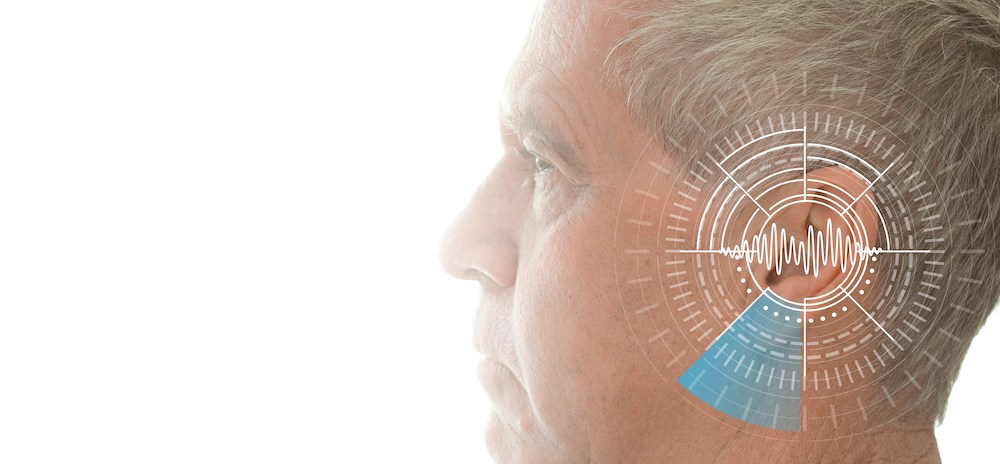The Role of Technology in Managing Hearing Loss
Technology has changed how hearing loss is managed, making it easier for


Technology has changed how hearing loss is managed, making it easier for

Tinnitus can be one of those hearing-related issues that’s hard to

Technology has changed almost every aspect of our lives over the past few